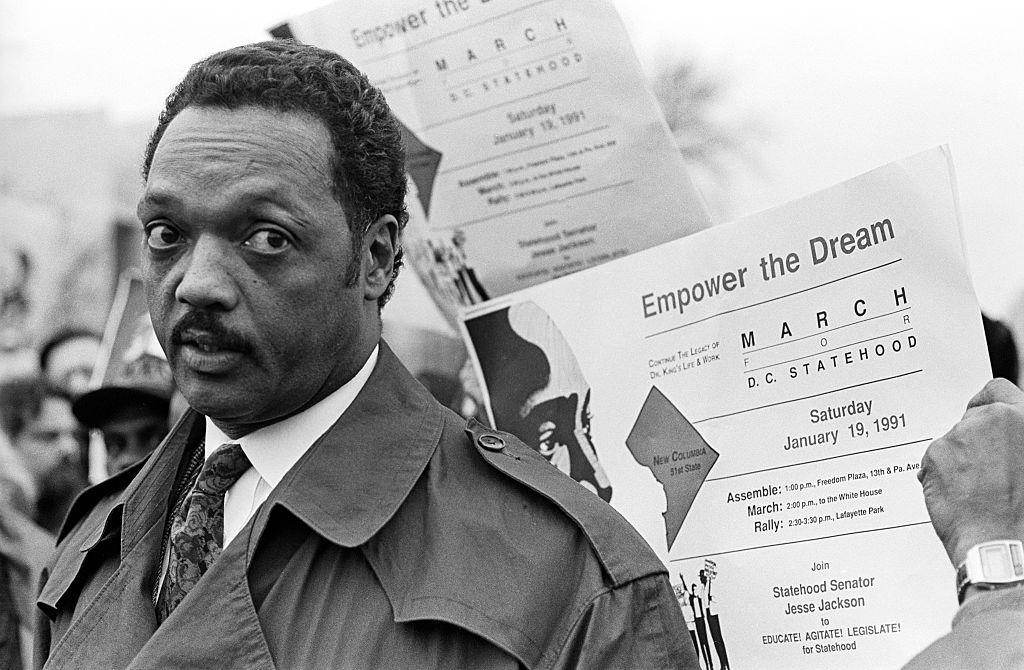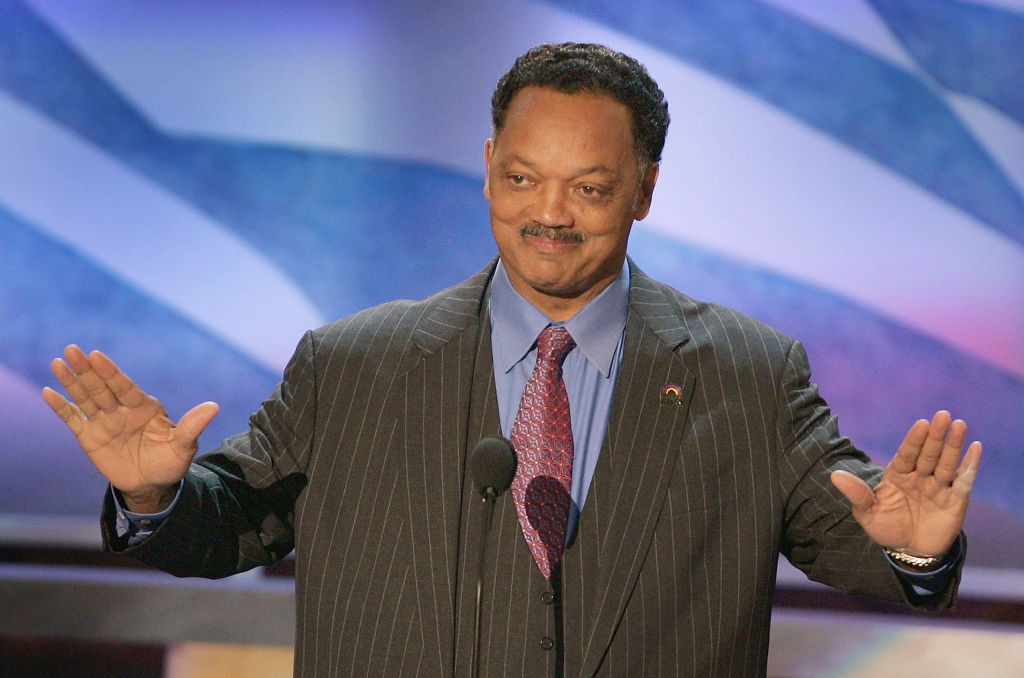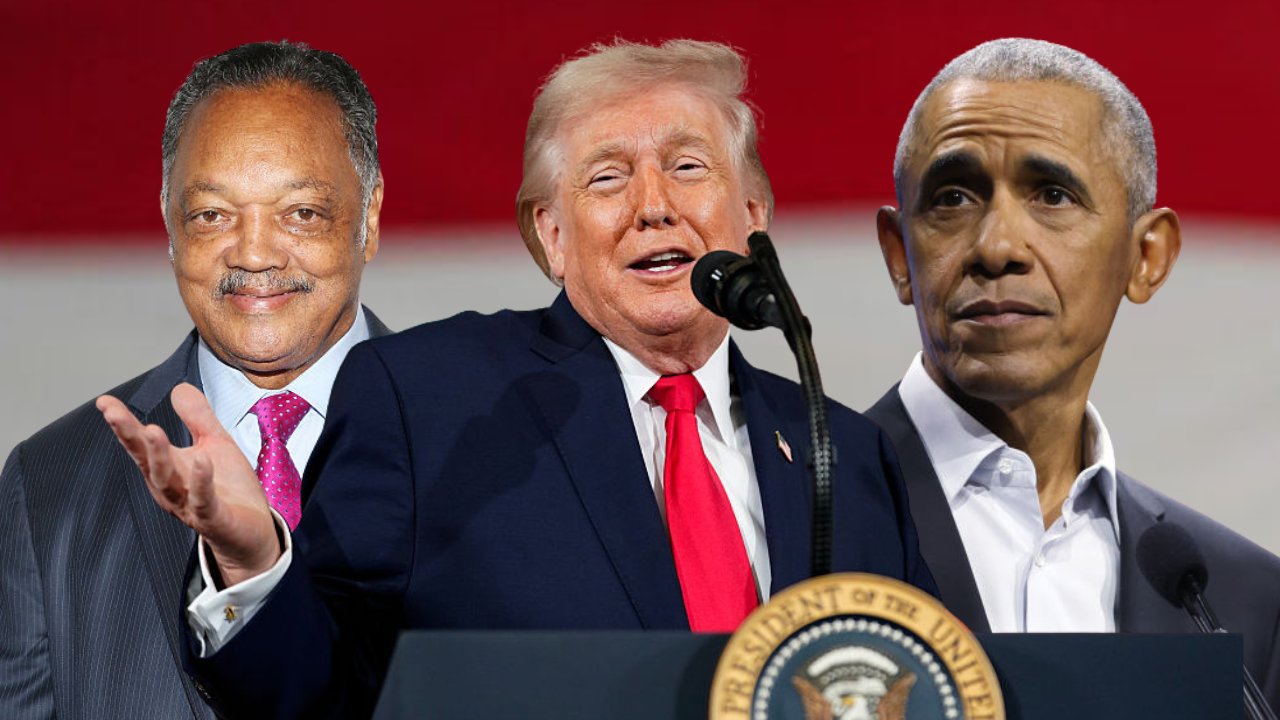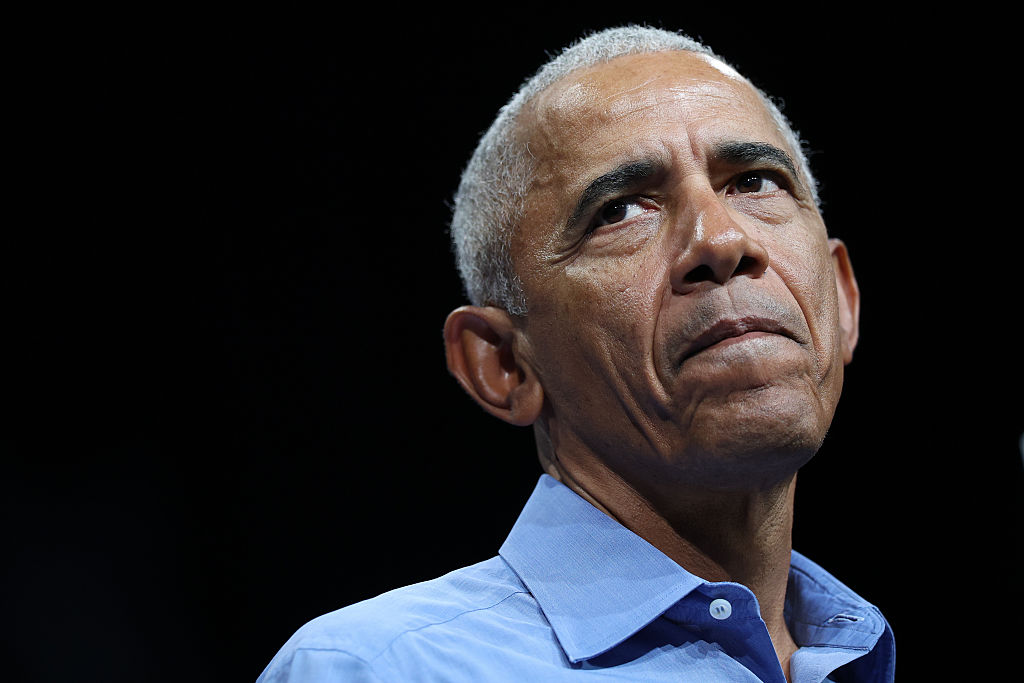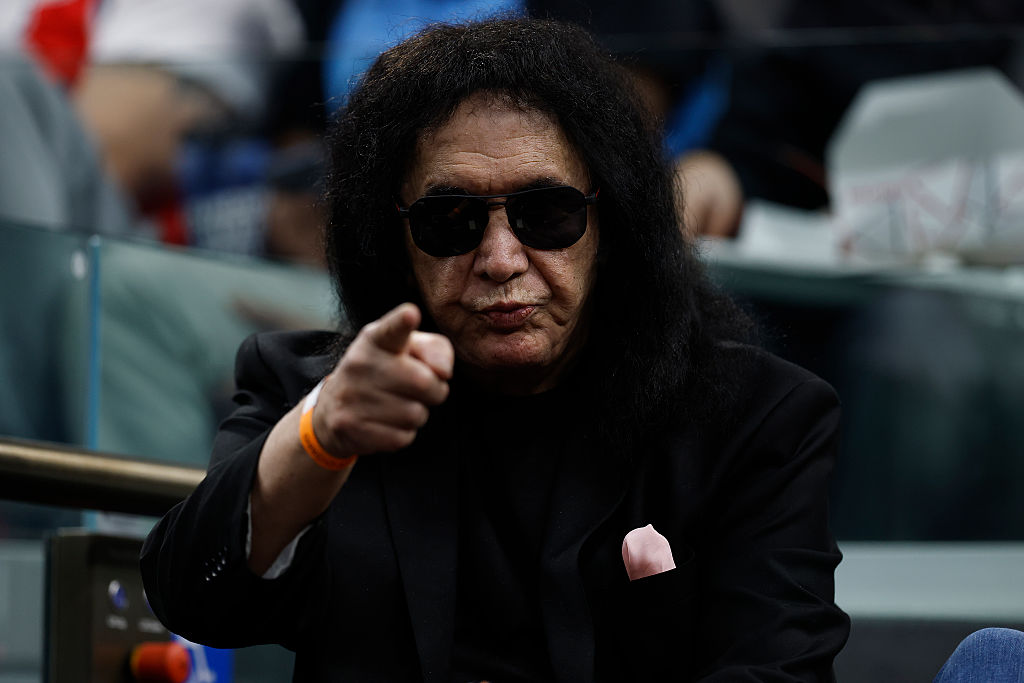From athlete to owner, Alex Rodriguez following in Magic Johnson’s footsteps

LAS VEGAS – When Michael Jordan sold his majority stake in the Charlotte Hornets in 2023, the NBA no longer had any African American majority franchise owners. But with the announcement of former MLB star Alex Rodriguez becoming a co-owner of the Minnesota Timberwolves, he says Black and Hispanic ownership is now a part of the NBA.
“I’m hoping that the trend continues,” Rodriguez said to Andscape following an introductory news conference at the Thomas & Mack Center on July 11. “But as far as being someone with Black and Brown skin, I’m representing a lot of good people out there. Give credit to [NBA commissioner] Adam Silver, who championed this transaction. I’m grateful for that.”
Glen Taylor officially sold the Timberwolves to an investment group led by Rodriguez and e-commerce entrepreneur Marc Lore on June 24 after a long, complicated, awkward and at times ugly process that took more than four years. The four-time WNBA champion Minnesota Lynx are also a part of that portfolio.
Lore and Rodriguez own 80% and serve as co-chairmen on the board, with Lore as Timberwolves governor and Rodriguez as alternate governor. For the Lynx, Rodriguez serves as governor and Lore as alternate governor.
Rodriguez, who will turn 50 on July 27, was born in the Washington Heights section of Manhattan to immigrants from the Dominican Republic. In 2011, Alex Meruelo attempted to become the first Hispanic owner in NBA history after he reached an agreement to purchase the Atlanta Hawks, but it was never finalized. In 2013, Dorene Dominguez became the first Hispanic to become a minority owner of an NBA team by joining the Sacramento Kings’ ownership group. The Kings’ majority owner is Vivek Ranadive, who is of Indian descent.
In the Timberwolves and Lynx, Rodriguez says he has not only become the first Hispanic owner but also a Black owner. He acknowledged that he views himself as “Black and brown” due to his Dominican heritage.
When asked if it was important to represent “Black and brown” in his basketball ownership, Rodriguez told Andscape: “Yes. That is what I do. I represent both. And the reason why I am here is because I saw Magic [Johnson] wearing a suit and tie. I said, ‘That was a guy I can relate with. He looks like me. He came from the bottom like me.’
“I can’t put myself in his shoes. But when Magic [became a Los Angeles Lakers minority owner], it kind of ignited my vision. ‘Why not me? Why not you? Why not us?’ I’d like to affect one person to say, ‘This is a guy who is a former athlete who has been through some ups and downs, course-corrected and is someone who can lead others to their dreams.”
Sean M. Haffey/Getty Images
Rodriguez told Andscape he was inspired to become an NBA owner after a conversation with Johnson around 1996. Rodriguez was starring for the Seattle Mariners at the time. The 14-time MLB All-Star said the meeting was set up by Johnson’s long-time agent Lon Rosen.
Johnson actually once joined famed music producers Jimmy Jam and Terry Lewis and legendary singer Janet Jackson in an African American-led ownership group that had conversations about buying the Timberwolves in 1994 that didn’t come into fruition. The Naismith Basketball Hall of Famer was instead wooed back to the Lakers to purchase a minority ownership stake from 1994 to 2010. Johnson became a minority owner of the Los Angeles Dodgers in 2012, when his group led by Guggenheim Partners co-founder Mark Walter purchased the team out of bankruptcy. In June, the Buss family sold the Lakers to Walter.
Johnson has a business empire with Magic Johnson Enterprises Inc., and Forbes Magazine estimates Johnson is worth $1.5 billion. While Rodriguez’s sports business conversation with Johnson was almost 30 years ago, he said it offered lasting motivation that eventually led him to become co-owner of the Timberwolves and Lynx.
“When I was 21 years old, Magic sat with me. I was supposed to have 30 minutes,” Rodriguez said. “And that 30 minutes went to about 3 1/2 hours and nine pages of notes. I asked him a few years later, ‘Magic why did you give me three-plus hours?’ And he said, ‘Because you came in, you were focused, you were making eye contact and you were engaged. I saw your passion. I saw you writing all those notes.’ The main thing he said is, ‘When you do your thing, your obligation is to pass it down to the next generation of us.’ ”
What's Your Reaction?
 Like
0
Like
0
 Dislike
0
Dislike
0
 Love
0
Love
0
 Funny
0
Funny
0
 Angry
0
Angry
0
 Sad
0
Sad
0
 Wow
0
Wow
0







